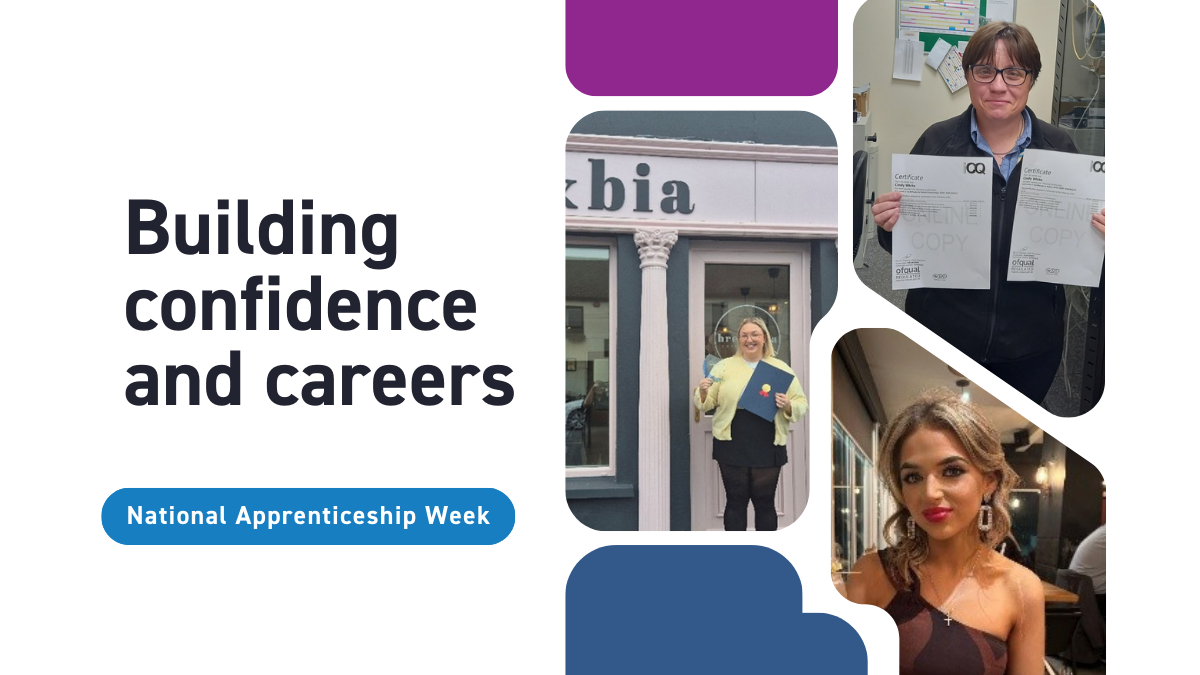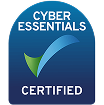Meeting the growing demand for skilled special education needs and disability (SEND) support

In the UK, approximately 1.5 million people live with a learning disability, spanning all ages and every walk of life. In England alone, around 950,000 of these are adults aged 18 and over. The number of children and young people could be much higher, with some sources estimating that as many as 1.7 million pupils in England have been identified as having special educational needs and disability (SEND).
When you look at the figures for disabled people living with complex needs – those living with two or more conditions that impact the level of support they need in daily life – around 1.6 million people in the UK are estimated to be in this group (Sense).
And one thing is clear – the numbers have been growing steadily over the past decade and will likely continue to do so in the future.
It is not uncommon for those with SEND to interact with health and social care or educational systems on a daily basis, whether receiving community-based support, engaging with residential services, or accessing therapeutic, health, and social services. At the same time, schools, early years settings, and care providers are facing increasing pressures around funding, staffing and capacity.
Delivering well-informed and person-centred support across the nation’s workforce is more important than ever. Support staff have a major part to play in creating inclusive environments, yet many lack formal training in the diverse needs they will encounter.
To help address this gap, we’ve launched the iCQ Level 2 Certificate in Special Education Needs and Disability (SEND) – a new regulated qualification designed to build awareness, understanding and confidence across the wider education and care workforce.
A timely qualification for a sector under pressure
Staff working with individuals with SEND are increasingly expected to support a wide range of needs, from speech and language difficulties to autism, ADHD, and physical disabilities.
Opportunities for learning skills in SEND is often limited or delivered informally on the job. In order to provide effective support and good outcomes for individuals and for the staff supporting them, we need to ensure that they have the knowledge and confidence.
This new qualification provides a structured introduction to the principles of SEND, helping learners to understand the barriers faced by those with additional needs and to feel better equipped to provide inclusive, person-centred support. It can also give formal recognition to the many thousands in the workforce who work with individuals with SEND.
“We developed this qualification in direct response to feedback from providers and employers,” says Dennis Twomey, Managing Director at iCQ. “There is a clear demand for entry-level, accessible training that gives staff a strong grounding in SEND and prepares them to play an active role in inclusive practice.”
About the Level 2 Certificate in Special Educational Needs and Disability
The certificate is an occupational, knowledge-based qualification aimed at those currently working in or that aspire to roles that support individuals with SEND.
Key topics covered include:
- The principles of inclusive practice and person-centred support
- Understanding of equality, diversity and inclusion in the context of SEND
- Understanding a range of specific needs and conditions in relation to learning
- Understanding the impact of living with SEND for individuals and their families
- The support available to ensure individuals can live independent lives
The qualification was designed due to a clear need in the care sector, but has a wide range of applicability across other sectors as well, including:
- Care practitioners, or those looking to enter the care sector
- Teaching assistants and learning support staff
- Early years practitioners
- Youth workers
- Volunteers in the care sector or community settings
Assessment is portfolio-based, allowing for flexibility and real-world application of knowledge. The qualification can be delivered as part of staff CPD, adult learning or as a first step into a career supporting SEND provision.
Upon completion learners may also wish to progress to a health and social care qualification, such as the iCQ Level 2 Diploma in Care, iCQ Level 2 Certificate in Principles of Working with Individuals with Learning Disabilities, or the iCQ Level 3 Diploma in Adult Care.
Access the specification
Benefits of the qualification to employers
This qualification is designed not only to support individual learners, but also to help organisations embed inclusive values and strengthen the quality of their provision.
Addressing a skills gap across sectors
Improved outcomes for individuals with SEND
A more confident, better-informed workforce
A clear training pathway to support recruitment, progression and retention
Demonstrated commitment to inclusive and person-centred practice
Reinforces compliance with regulatory and care standards
Building a more inclusive future
Across every care and education setting – home, neighbourhood, NHS, residential facility, schools, colleges or adult learning – people with SEND deserves thoughtful support that meets their needs throughout life. This qualification empowers the workforce to deliver just that: knowledgeable, confident, and person-centred support.




